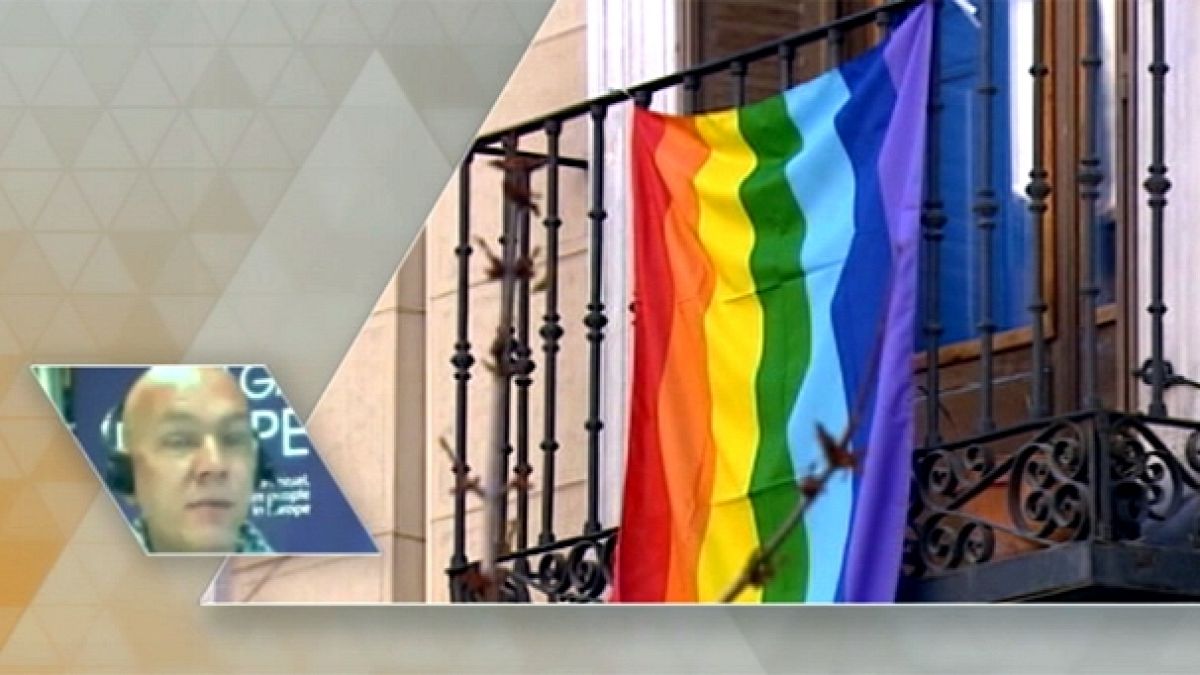This week in U talk, our internet question comes from Marko from Serbia.
He asks: “Should the protection of gay and lesbian rights be a condition for Serbia to join the EU?”
Juris Lavrikovs, Communications Manager for ILGA-Europe, provides the answers.
ILGA is the International Lesbian, Gay, Bisexual, Trans and Intersex Association.
ILGA-Europe works for equality and human rights for lesbian, gay, bisexual, trans & intersex (LGBTI) people at the European level.
Juris Lavrikovs: “Well, the short answer to Marko is yes, definitely, the protection of rights of LGBT people in the Euorpean Union is definitely one of the requirements.
“But to give this issue a bit of a longer answer, basically the European Union has a set of criteria for all countries which want to join the European Union. They are called “Copenhagen criteria” and one of the criteria is the stability of institutions guaranteeing democracy, the rule of law, human rights and respect and protection of minorities.
So, obviously, LGBT people are not directly mentioned in the criteria but we see that respect for human rights and minorities are mentioned and this applies not only to LGBT people but also to people with disabilities, people with different religious or ethnic backgrounds, etc.
The European Union is monitoring each individual country which is applying for membership within the EU and every year it produces a so-called “Progress Report” on each country. And ILGA Europe, together with its members in Serbia, have been working very hard to make sure that LGBT issues are being recognised and mentioned in the Progress Reports.
And, for example, the very latest report from 2011 on Serbia, particularly, mentions the progress which has been made in Serbia in regard to freedom of assembly, when the Serbian governement made a commitment and ensured that the first LGBT pride parade took place, with very strong police protection.
The Commission also mentioned and praised Serbia for introducing a very good anti-discrimination law. At the same time, the Commission also mentioned in the progress report that legislation in itself is not enough and it is concerned with the very negative public attitudes and (the European Commission) encouraged the Serbian government to make sure that educational programmes are being implemented and that there are mechanisms created for victims of discrimination to actually benefit from the anti-discrimination law.”
